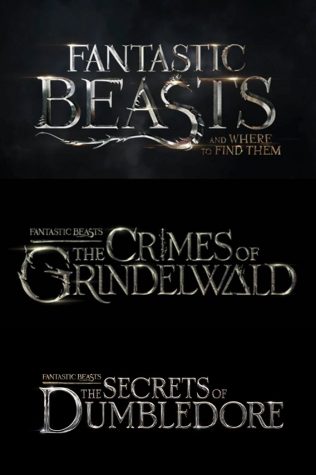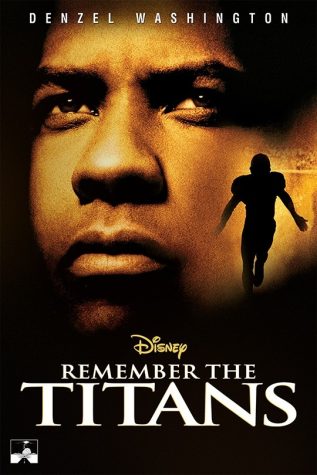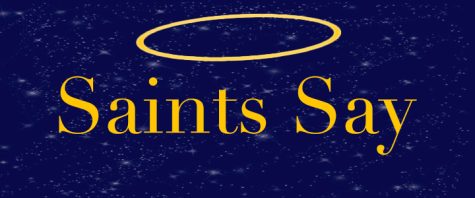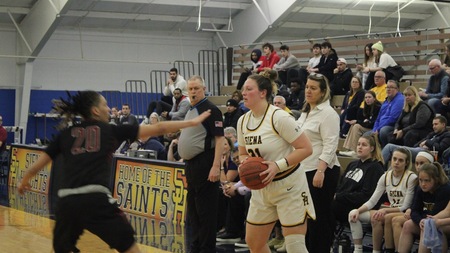ALBUM REVIEW: Hybrid Theory by Linkin Park

Linkin Park — an insanely successful band whose influence reaches far and wide – winning Grammys, American Music Awards, MTV Video Music Awards, World Music Awards, you name it. If there’s an award out there for music, it’s a safe bet that Linkin Park have probably won it.
And not to mention that they also hold the accomplishment of having a “diamond” certified album, meaning that the album in particular has sold 10 million copies.
I honestly can’t think of any other band in our modern era that have seen the success that Linkin Park has.
They’re pretty big.
But where did this all start? Where did this super successful band find their footing in the music world and does it still hold up? Well, let’s spike our hair and throw on our favorite pair of JNCOs because we’re going back to 2000 to find out.
Hybrid Theory, Linkin Park’s debut album, released on October 24th, 2000, and to put this in perspective, the album was certified diamond only five years later. Needless to say, people loved it… a lot.
“But so what?” You may be saying, “Going diamond is only indicative of the number of albums sold, not the actual quality of the music!”
And you would be right, but this is just background info, we’re not at the part where I discuss the music yet.
Okay, to be honest, I bought this album a few years ago and never listened to it all the way through until now.
And I never want to listen to it again.
This is one of those strange albums where, by all means, I should like it, but I just don’t.
I don’t get it.
It’s not because I think Linkin Park isn’t talented at what they do — I think the opposite, and it’s also not because the instrumentation is bad — it isn’t. Quite a few of the songs have very memorable riffs and are pretty catchy, which is what you would want in an album, right?
I honestly don’t know what it is.
It starts off well enough with “Papercut,” which introduces the electronic-turntable elements, the crunchy guitars and bass, the pounding drums and the vocal dynamics between emcee Mike Shinoda and the late Chester Bennington.
It’s a great opener, and I like it a lot, but after that, I found myself in a “mid-album slump” at the very beginning of the album. And I felt that way until “In the End,” after which I promptly fell back into said slump.
I’m not saying that the songs in between the two were bad, they weren’t, not by a long shot.
Although, I found the bridge in “One Step Closer,” where Bennington shouts “Shut up when I’m talking to you” very over-the-top and embarrassing to listen to, and the rhyming in “Points of Authority” to be cheesy and forced.
I felt the same way listening to “Runaway,” when Bennington sings “I want to run away / Never say goodbye” during the chorus.
It’s not that it’s bad per se, but it’s just very “high school” sounding, and Bennington’s vocals can be very “nasally,” to say the least, which I am not a fan of.
After all of that, though, I made my way to the absolute best song on the album: the previously mentioned “In the End.”
Which is quite possibly their most well-known song, and for good reason.
The instrumentation is very subdued — instead of the crunchy aggressiveness of the previous songs, we get a somber-sounding piano riff until the verse begins, in which the guitar takes the lead, playing harmonics to a quiet drum loop which only adds to the melancholic atmosphere.
And I’d be remiss to not mention Shinoda’s dour first verse about the importance of time and how “the clock ticks life away.”
While everything does kick in during the chorus, it’s nothing to the level of, say, “One Step Closer.”
There are still four more songs after “In the End,” and while one of them is an instrumental segue, it still doesn’t make it any less of a chore to sit through.
Honestly, the album could have just been an EP, because the four songs after “In the End” don’t bring much of anything to the table. It’s more of the same, really.
And that’s the biggest thing that contributed to my fatigue, the album isn’t really musically varied, so most of the songs just feel interchangeable and blend into each other.
I feel that the “Seinfeld is Unfunny” trope is in effect here, which, for those who don’t know, just means that what was once new and fresh seems old and stale due to being copied over and over by its contemporaries.
That’s a problem with anything really. Once something becomes successful, everyone copies it in an effort to capture that same success.
And in the 20 years since Hybrid Theory released, there have been a lot of Linkin Park knock-offs.
There’s not much else to say, so to wrap it up and answer my question of if this album holds up 20 years later, my answer is going to be a firm “No.”
While the instrumentation is decent, it’s nothing stellar, but it isn’t terrible. I will give them points for the memorability of some of their riffs, particularly “Papercut,” and who could forget the opening piano riff from “In the End?”
And while it also may not be the most diverse or musically interesting album in the world, they did create an album that was not only so well loved and influential upon release, but continues to be loved and seen as influential 20 years later.
That’s not an easy feat to pull off.
Final Rating: C+
Personally, the album was a mixed bag. There were a few songs I liked that resonated with me, but most didn’t quite hit the mark.
I do feel a little bad giving this album a C+, but I can’t deny that I was indeed exhausted by listening to this album and annoyed at how some songs seemed to be nothing more than filler and word salad-y.
Would I recommend this album? Eh, I’d take a peek at the singles and see how those go down first. My experience was overall negative, but that’s the great thing about entertainment — subjectivity.













